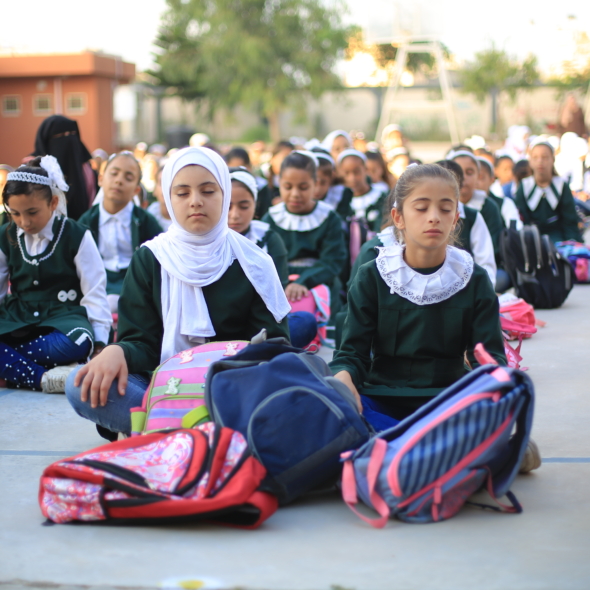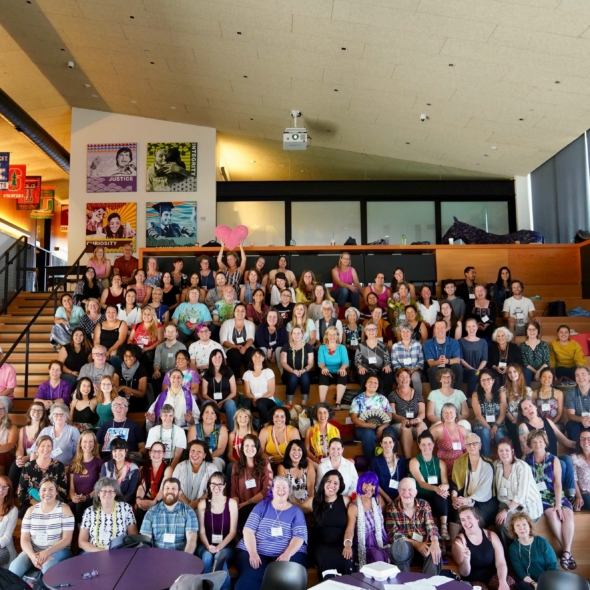How do we work with first responders?
We work with law enforcement agencies, emergency medical services, and fire departments to create comprehensive mind-body medicine programs to help heal past trauma, manage ongoing stress, and build resilience against future trauma. Collaborating with administrators and other trusted leaders, we learn about your departmental culture, your team’s unique needs, and your organizational goals. Then, we adapt our model to your needs, creating in-person, online, or asynchronous programming and resources to help you integrate our model in a way that works for your department. We help you cultivate champions to share messaging and resources across shifts. Our model fits well within existing structures, including employee wellness initiatives and family resource programs, and has proved valuable in critical incident procedures.
Our work with first responders
For many years, we have brought our model to officers in local and federal law enforcement.
The Capitol insurrection that took place on January 6, 2021 urged us to initiate what would become our comprehensive program with the US Capitol Police (USCP). Working with the department’s administration and wellness officer, we held workshops, launched Mind-Body Skills Groups for officers and their family members, and created short-form video modules accessible on officers’ smartphones. We also provided comprehensive training to a pilot group of ten USCP officers who, in turn, shared the CMBM model with uniformed and civilian members of the Capitol Police.
In addition, we distributed educational resources through existing USCP communications systems. Our messaging focused on validating the trauma experienced by officers in the department, emphasizing the importance of officer health and resilience, and empowering officers to take care of their well-being through evidence-based tools.
Our work with firefighters and emergency medical services
We have worked with firefighters and emergency medical services personnel in New York, California, and Gaza.
In New York, our 9/11 response in 2001 focused on New York City firefighters and their families, a community of extraordinary courage, grace, and connection. We shared practical mind-body skills to help them cope with the trauma of the terrorist attacks and subsequent recovery operations.
In the wake of the 2017 Tubbs Fire, firefighters and their families in Sonoma, CA were among those who participated in CMBM workshops and our signature Mind-Body Skills Groups.
In Gaza, we provided intensive training to ambulance drivers and emergency medical technicians, groups who have sustained high levels of mortality during periodic wars between Hamas and Israel.
CMBM Faculty have also brought our model of self-care and mutual support to their communities’ first responders. Margaret Gavian, PhD, is the Medical Director of the Minnesota Fire Initiative. She incorporates her CMBM training into emotional wellness programming for Minnesota’s 22,000 firefighters.
I think in order to get through trauma, it’s important to have some sort of social structure where you feel heard. I felt this [training] provided that space.


